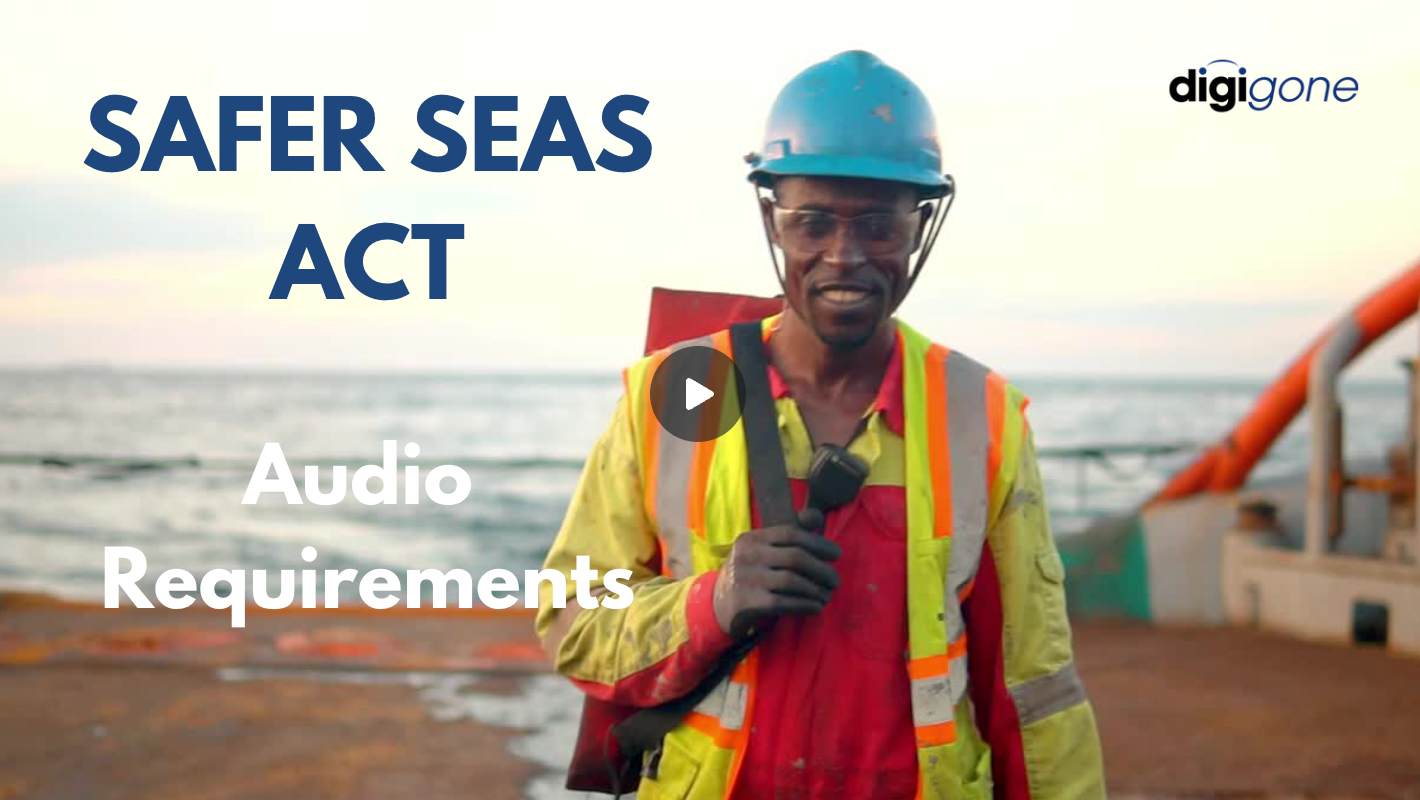

The specialized work that takes place aboard fishing and shipping vessels calls for highly-trained, skilled workers. According to the CDC, commercial fishing is one of the most dangerous occupations in the US. Likewise, maritime transportation work has a fatality rate 4.7 times higher than average. Some 400,000 people are employed in maritime industries in America alone. Beyond life-threatening injuries, these workers face the risk of less serious injuries every day that may still take them away from their duties and cost employers money in providing emergency health services.
Telemedicine devices, like our digiMed Five Plus Telemedicine Kit are not only for medical emergencies, or for remote areas where doctors are scarce. If you are onboard a vessel and far from port, communication with a doctor on shore can make treating a non-life-threatening injury much easier, and can reduce lost time for your crew. Injuries from slips, trips and falls, cold or heat stress, or cuts and abrasions all benefit from early intervention to ensure symptoms do not worsen. Maritime telemedicine protects your crew with access to a doctor, whatever your location.
Maritime telemedicine has benefitted from advancements in satellite coverage as well as hardware upgrades that allow for higher-resolution images and video, recorded in real time. This is also beneficial as a record for insurance purposes when your employees are filing claims. Early access to medical intervention means better outcomes, vs. waiting to land in a port, sending emergency lifeboats or helicopters to shore, or the even more costly option of work stoppage for the whole crew when vessels are required to dock for medical emergencies.
Telemedicine devices are an excellent investment for modern maritime industries in the U.S. Most companies know the cost of hiring and replacing highly-skilled employees on board their vessels. Give your workplace a competitive advantage by assuring your crew they have the best access to healthcare available. The investment in a telemedicine kit may be one that pays in saving lives, or one that pays in smaller ways by giving your crew peace of mind and easy access to care when they receive minor or moderate injuries.
Sources:
https://www.cdc.gov/niosh/topics/maritime/
https://mhealthintelligence.com/news/alaskas-maritime-industry-looks-to-telemedicine-to-save-lives


All Rights Reserved | DigiGone® Est. 2007 | Created by CCC